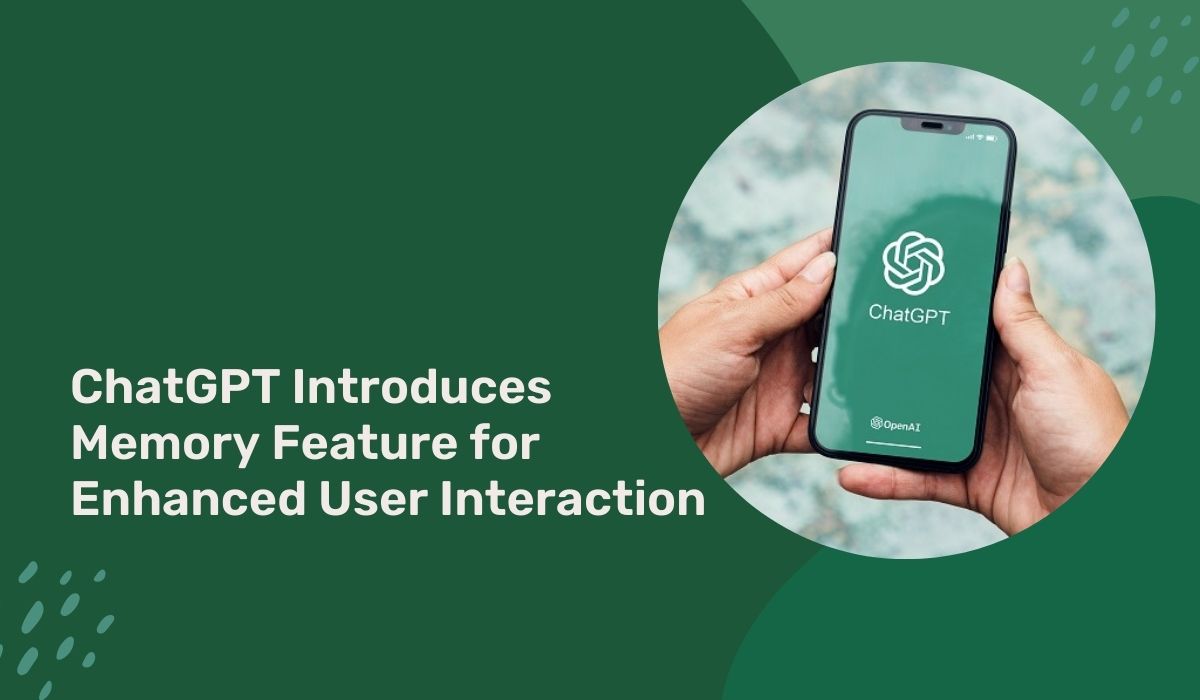
ChatGPT now boasts the ability to remember users' preferences and past interactions, offering a more personalized and dynamic conversational experience. This new feature is currently undergoing testing with a select group of both free and paid Plus users. One of the key advancements with this memory feature is its potential to eliminate repetitive conversations. Previously, users often found themselves re-explaining preferences for various tasks, such as email formatting, each time they engaged with ChatGPT. With the addition of memory, the AI can now recall and apply these preferences seamlessly in subsequent interactions.
OpenAI has provided examples of how this memory feature works in practice. For instance, ChatGPT can remember a user's preference for meeting notes formatting, key details about a business inquiry, creative suggestions for specific tasks like crafting a birthday card, or tailoring lesson plans based on a teacher's preferred structure. Users maintain full control over what information ChatGPT retains. They can explicitly ask the bot to remember specific details or allow it to passively pick up relevant information during regular conversations. Memories can be viewed, deleted individually or collectively, providing users with flexibility and control.
For users concerned about privacy, ChatGPT offers temporary chats that won't be remembered or used to train its algorithms. However, for those participating in the testing phase, it's important to note that the memory feature is enabled by default. OpenAI also mentions that memories collected during this testing phase will be used to enhance and train its models, though sensitive information such as health-related details will not be remembered. Additionally, ChatGPT Enterprise users are assured that their data will not be utilized for chatbot training.